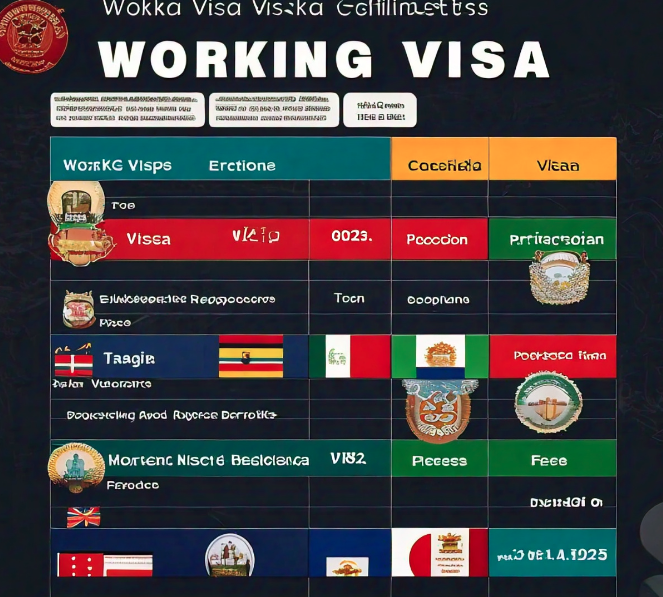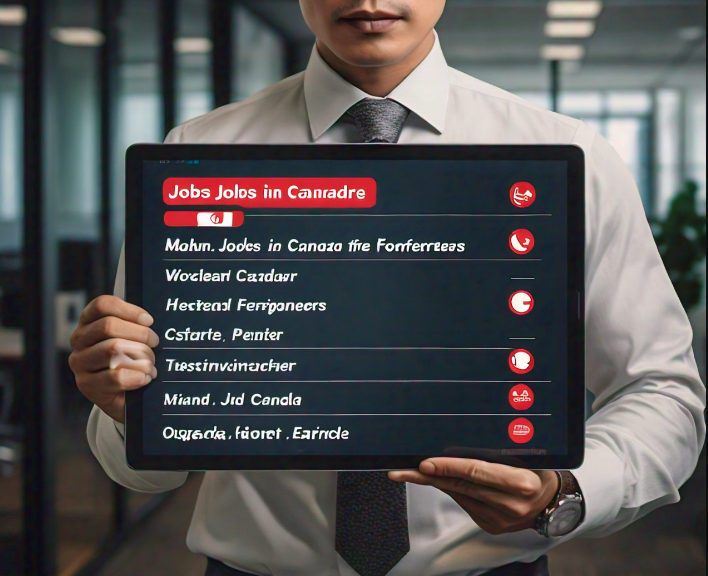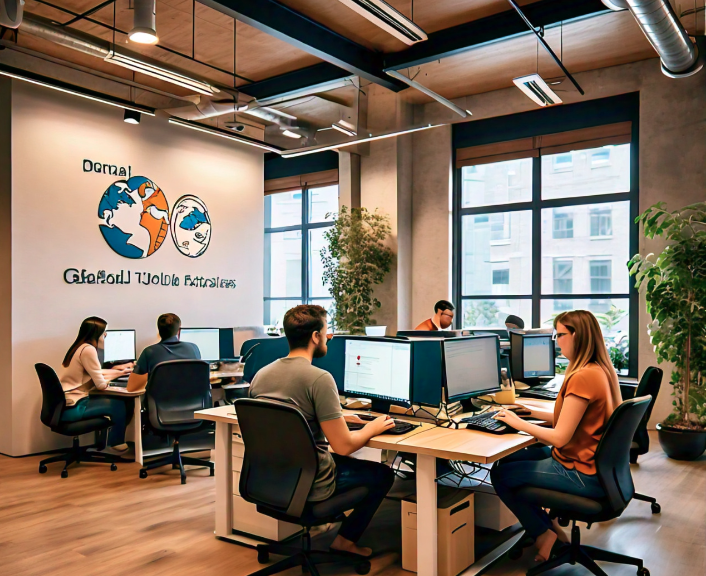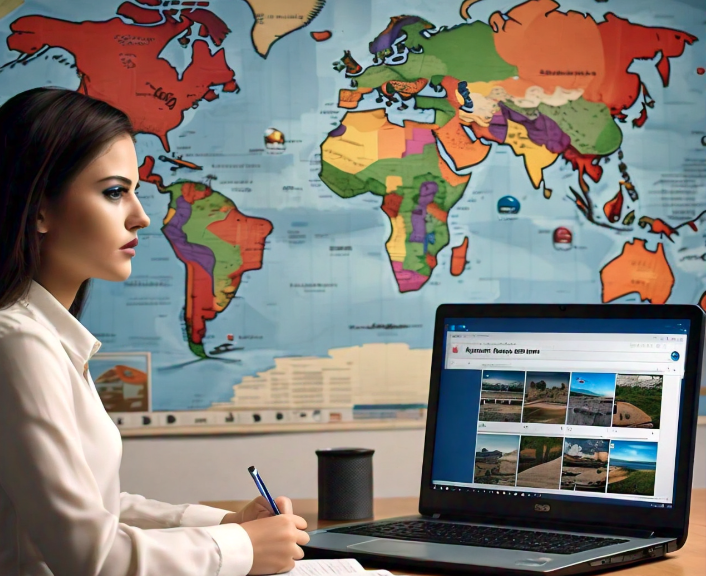Cultural Adaptation and Work Environment Abroad
Introduction
So, you’ve decided to take the plunge and work abroad. Exciting, right? But along with the thrill of new adventures comes the challenge of cultural adaptation. Understanding the local culture isn’t just about fitting in; it’s crucial for your success and satisfaction in the workplace. In this article, we’ll explore what cultural adaptation is, why it matters, and how you can navigate your new work environment with confidence.
What is Cultural Adaptation?
Cultural adaptation refers to the process of adjusting to a new culture. It involves learning the customs, values, and social norms of your host country. This isn’t a one-time event; it’s an ongoing journey. You might find yourself picking up local phrases, understanding social cues, or even adjusting your work habits.
Why Cultural Adaptation Matters in the Workplace
Cultural adaptation is vital for several reasons:
Enhancing Workplace Relationships
Building rapport with colleagues is much easier when you understand their cultural backgrounds. When you show respect for local customs, you’ll foster better teamwork and collaboration.
Improving Job Performance and Satisfaction
When you adapt to the local culture, you’re more likely to feel comfortable in your role, leading to higher job satisfaction. Plus, understanding workplace dynamics can boost your overall performance.

Key Aspects of Cultural Differences
Every culture has its unique characteristics. Let’s break down some key aspects you should be aware of:
1. Communication Styles
Direct vs. Indirect Communication
In some cultures, people communicate directly and get straight to the point. In others, indirect communication is the norm, often relying on context and nuance. Understanding this can help you avoid misunderstandings.
Non-verbal Communication Differences
Body language, gestures, and eye contact vary widely across cultures. For example, maintaining eye contact might be a sign of confidence in one culture, while in another, it could be seen as disrespectful.
2. Work Ethic and Attitudes
Attitudes Towards Time
In cultures like the U.S. or Germany, punctuality is key. However, in countries such as Spain or Brazil, a more relaxed approach to time may prevail. Knowing this can help you adjust your expectations and interactions.
Hierarchy and Authority
Some cultures value hierarchy, where decisions come from the top down. Others may embrace a more egalitarian approach. Understanding where your workplace falls on this spectrum can guide your interactions with management.
3. Social Norms and Etiquette
Professional Dress Codes
Dress codes can vary significantly. In some places, formal attire is expected, while in others, business casual is the norm. Pay attention to what your colleagues wear and adjust accordingly.
Greetings and Introductions
Greeting customs also differ. In some cultures, a firm handshake is standard; in others, a bow or kiss on the cheek is preferred. Observing how locals interact can help you navigate these social waters.

Strategies for Successful Cultural Adaptation
Adapting to a new culture can be overwhelming, but here are some effective strategies to ease the process:
1. Do Your Research
Understanding Local Customs
Before you arrive, take some time to learn about the local culture. Familiarize yourself with customs, traditions, and social norms. This knowledge can help you avoid faux pas.
Learning the Language
While many people speak English in international workplaces, knowing the local language can enhance your experience. It shows respect and can make daily interactions much smoother.
2. Build Relationships
Networking with Locals
Making friends with locals can provide invaluable insights into the culture. Attend local events, join clubs, or participate in community activities to meet people.
Finding a Mentor
Having a mentor at work can make a world of difference. They can guide you through the company culture and help you navigate challenges.
3. Stay Open-Minded
Embracing New Experiences
Be willing to step outside your comfort zone. Try local foods, participate in traditions, and engage with your new surroundings. The more you immerse yourself, the easier adaptation will become.
Being Patient with Yourself
Cultural adaptation takes time. Be patient with yourself and recognize that it’s okay to feel out of place at first. Everyone adjusts at their own pace.
Common Challenges Faced by Expats
While the journey can be rewarding, it’s not without its hurdles:
Culture Shock and Its Effects
Culture shock is a common experience for many expats. It can manifest as feelings of anxiety, frustration, or isolation. Recognizing these feelings is the first step to overcoming them.
Managing Expectations
It’s essential to manage your expectations. Things might not go as smoothly as you hoped, and that’s perfectly normal. Focus on the positives and celebrate your small victories.
The Role of Employers in Cultural Adaptation
Employers play a significant role in helping expats adapt:
Providing Support and Resources
Companies can offer orientation programs, cultural training, and resources to help employees acclimate. This support can make a huge difference in the adaptation process.
Creating an Inclusive Workplace
An inclusive workplace fosters understanding and acceptance. Employers should encourage diversity and create an environment where everyone feels valued.

Conclusion
Cultural adaptation is a crucial aspect of working abroad. It not only enhances your professional experience but also enriches your personal life. By understanding and embracing cultural differences, you’ll set yourself up for success in your new work environment. So go ahead, dive into this exciting adventure—your future self will thank you!
FAQs
- What is culture shock?
Culture shock refers to the feelings of confusion and anxiety that arise when adapting to a new culture. - How can I effectively learn a new language?
Consider language classes, language exchange programs, or apps like Duolingo to practice regularly. - What should I do if I feel overwhelmed by cultural differences?
Talk to fellow expats or locals who can provide support and guidance. Remember, it’s normal to feel this way! - Are there specific training programs for cultural adaptation?
Yes, many organizations offer cultural training programs designed to help expats adjust to new environments. - How can I maintain my own culture while adapting to a new one?
Engage in cultural activities from your home country, connect with fellow expats, and celebrate your traditions to keep your cultural identity alive.
List of unskilled jobs in Canada with visa sponsorship | ||
How to get unskilled job in Canada from any country | ||
Types of jobs in UK for foreigners | ||
Requirements to apply for work permit in Canada | ||
List of jobs in Canada for foreigners | ||
Job in Canada with free visa sponsorship | ||
How to secure a job with an apartment in Canada | ||
Canada job portal for foreigners | ||
Best part-time job in USA | ||
How to get a job in Canada | ||
Remote Jobs with Global Companies | ||
Networking Tips for Jobs Abroad | ||
Job Security for Expats | ||
Career Growth in Foreign Markets | ||
Cultural Adaptation and Work Environment Abroad | ||
Best International Job Portals | ||
Cost of Living Comparisons for Expats | ||
Job Search Strategies for International Opportunities | ||
Top Countries for Expat Jobs | ||
Working Visa Requirements by Country |























